Research & Innovation

The study concluded that participants were hesitant to receive the COVID-19 vaccine due to mistrust, fear and lack of information.
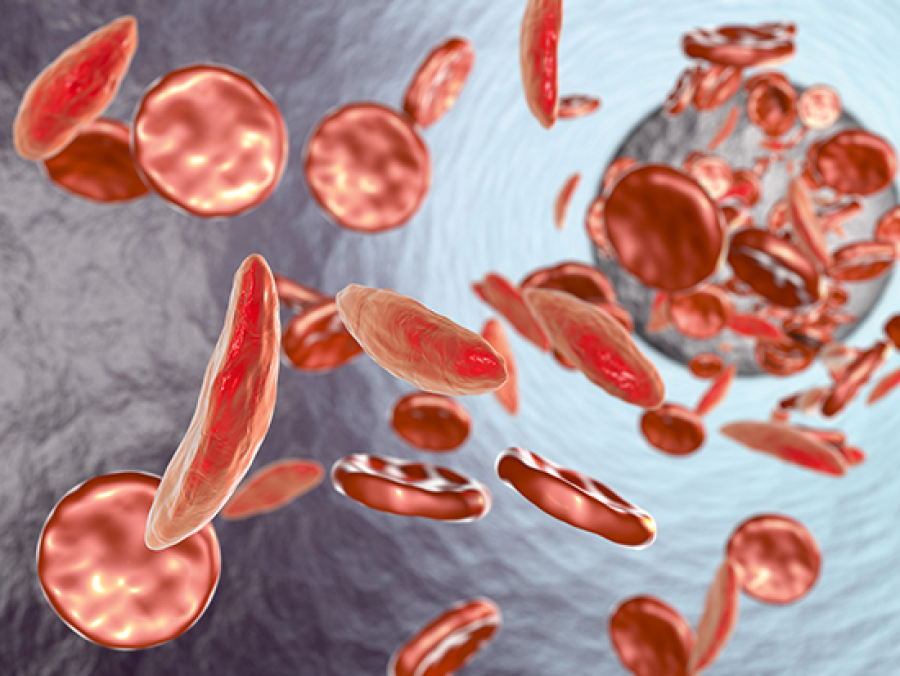
UAB’s Julie Kanter, M.D., says statewide surveillance programs for sickle cell disease can help facilitate progress to improve outcomes.

About three-quarters of people were consistently honest, telling between zero and two lies per day. By contrast, a small subset of people averaged more than six lies per day and accounted for a sizable proportion of the lies, says researcher Timothy Levine, Ph.D.

The effort led by UAB is projected to receive $17 million from NIH to support up to four years of patient follow-up.

The life sciences fund will focus on development of early-stage UAB technologies and startup companies.

Release of TT-10 from nanoparticles improved heart function after a heart attack, accompanied by increased cardiomyocyte proliferation and smaller infarct size.

UAB researchers will study psilocybin, a psychedelic compound, on its effects on smoking cessation.
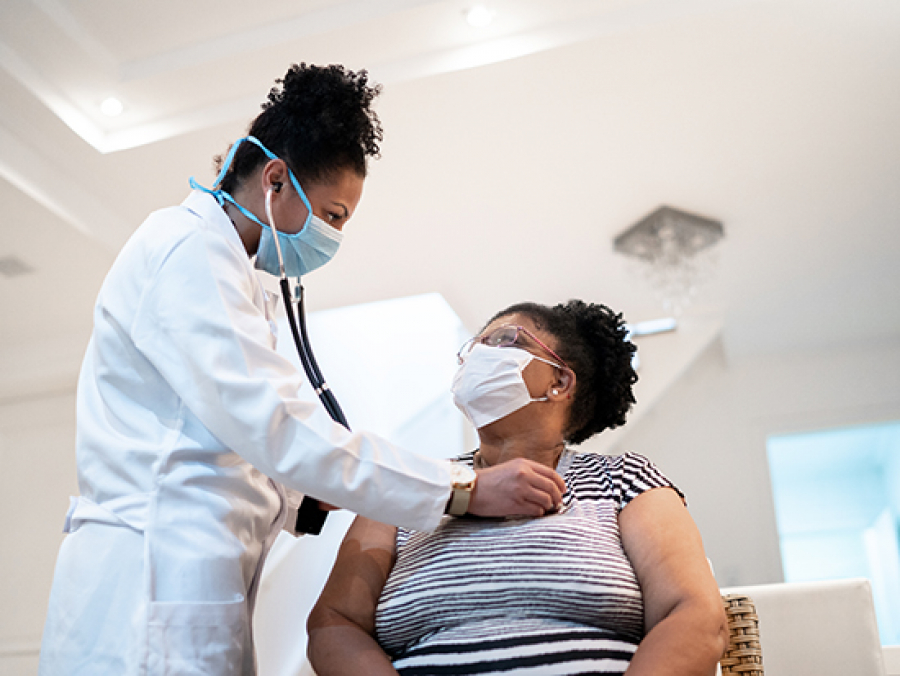
The NIH grant creates Multiple Chronic Disease Centers around the nation to target chronic disease in minority populations.
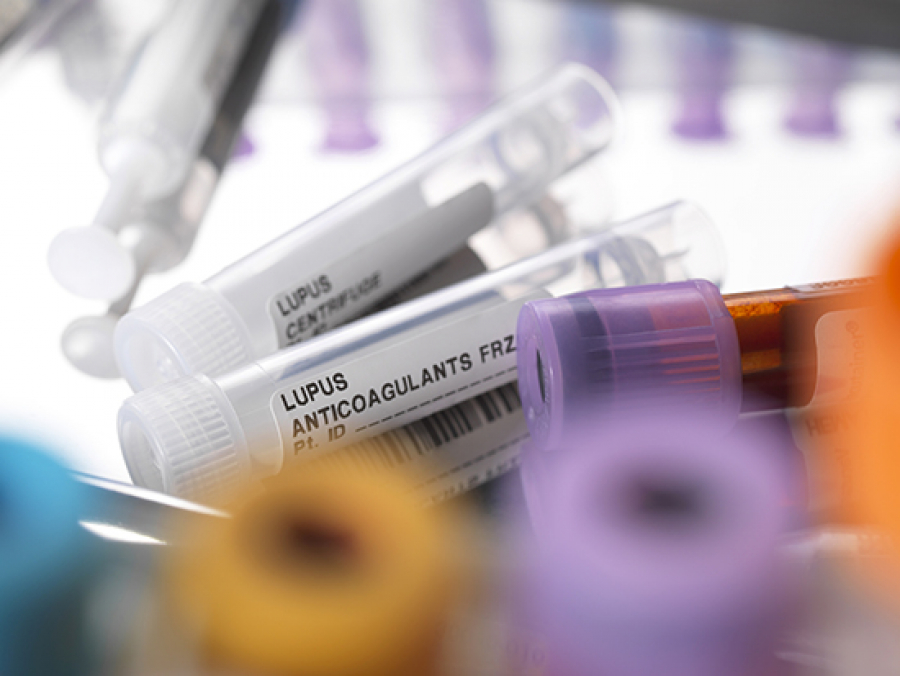
Lupus, an autoimmune disease that can attack any part of the body, can be confounding because patients often respond differently to the same treatment, and they vary widely in the severity of their symptoms.

The study, from UAB’s Institute for Arts in Medicine, shows that learning tricks in a magic camp can boost feelings of self-esteem and confidence in children and adolescents with disabilities.
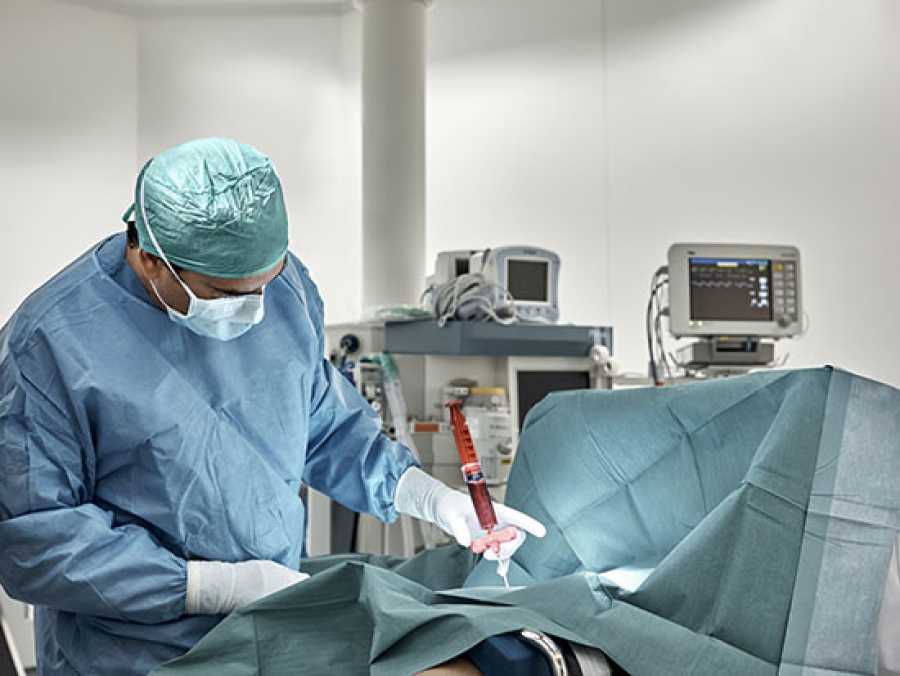
Blood and marrow transplantation strategies have changed significantly over the past four decades; but recipients still experience excess mortality that translates into 8.7 years of life lost, according to researchers in UAB’s Institute for Cancer Outcomes and Survivorship.

The study, led by Barbara Gower, Ph.D., is the first randomized clinical trial of a hypothesis that reducing fat stored around organs, through diet alone, can rescue beta-cell function.

Limiting neuroinflammation may represent a promising new approach to treat neurological diseases driven by neuroinflammation, such as stroke, spinal cord injury and neuropathic pain.

Researchers are looking for people who either have Type 2 diabetes or are overweight to participate in the studies.
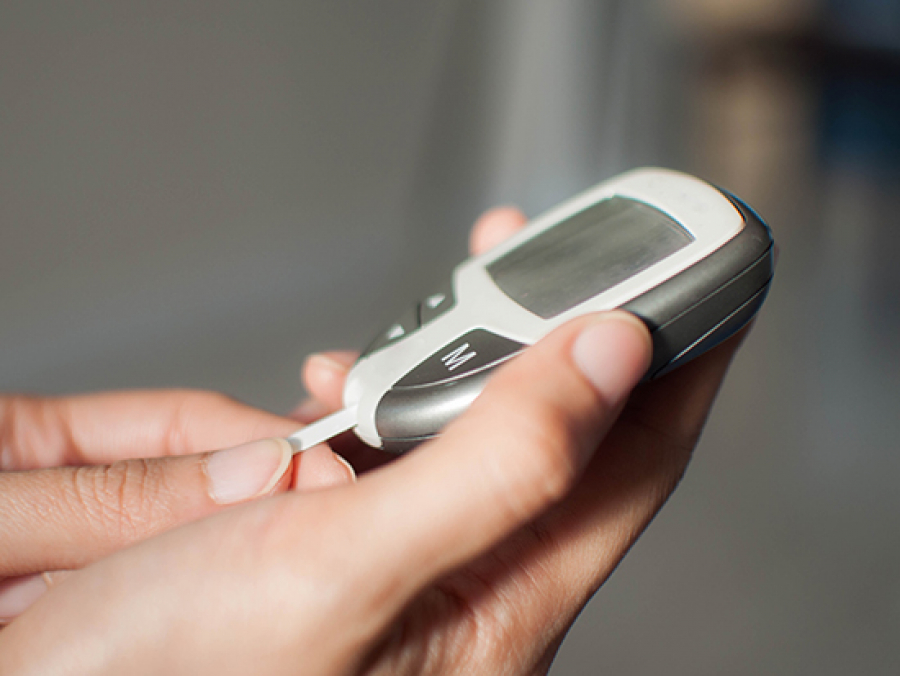
A study conducted by UAB researchers found that insulin resistance, a precursor to fatal cardiovascular events, is common among young adults.

UAB’s Technology Innovation Center houses a state-of-the-art data center, the fastest university internet connectivity in the state, expandable technology infrastructure, and colocation for UAB’s partners in distributed IT.

The grant will explore ways to employ artificial intelligence with telehealth in rural, underserved areas of the South.
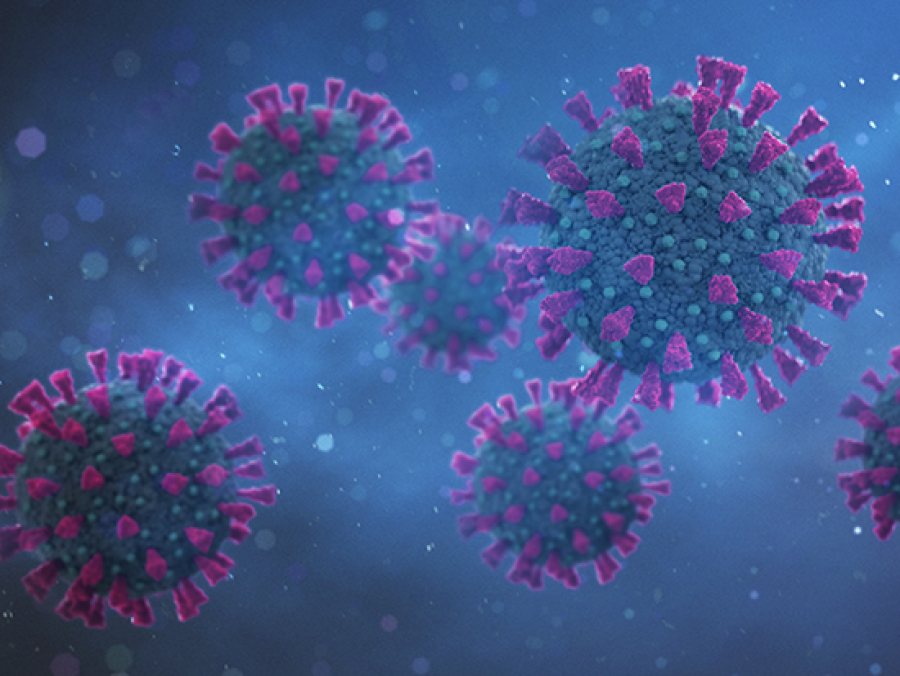
The higher infectivity correlates with mutations that increase viral binding to a cell surface glucosaminoglycan, heparan sulfate.

This finding upends the long-held paradigm that priming during lung infections takes place only in the draining lymph nodes, and it will be key to developing more efficient vaccinations and therapies for respiratory challenges.
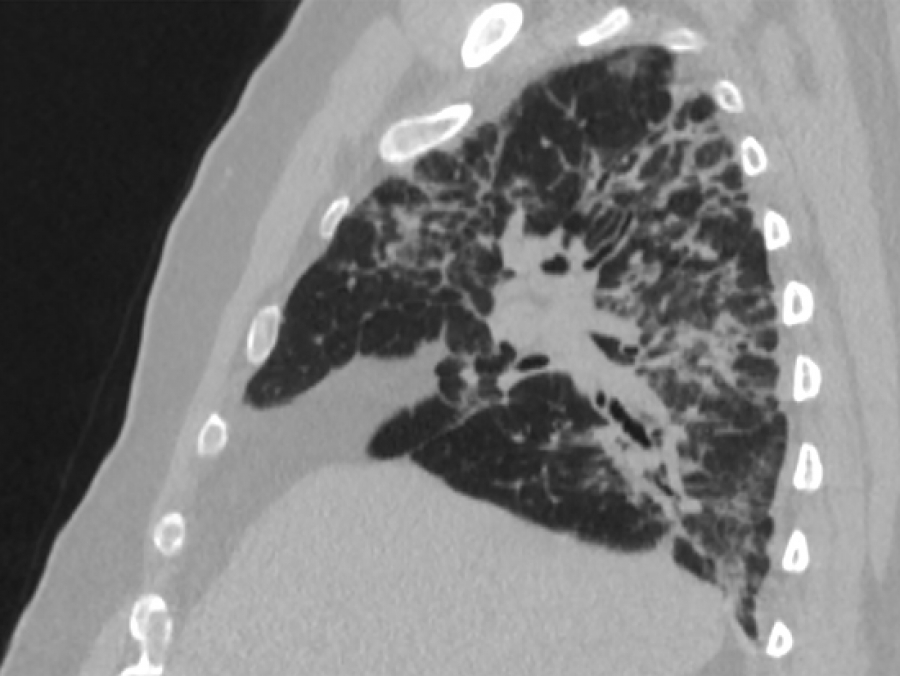
A Bcl-2 inhibitor that has FDA approval for treatment of several leukemias reversed lung fibrosis in a bleomycin mouse model.

Research reveals the ripple effects of childhood trauma and school suspensions.

UAB continues to lead the way in the evolving field of social entrepreneurship: Patrick J. Murphy, Ph.D., has been recognized as one of the field’s top scholars.
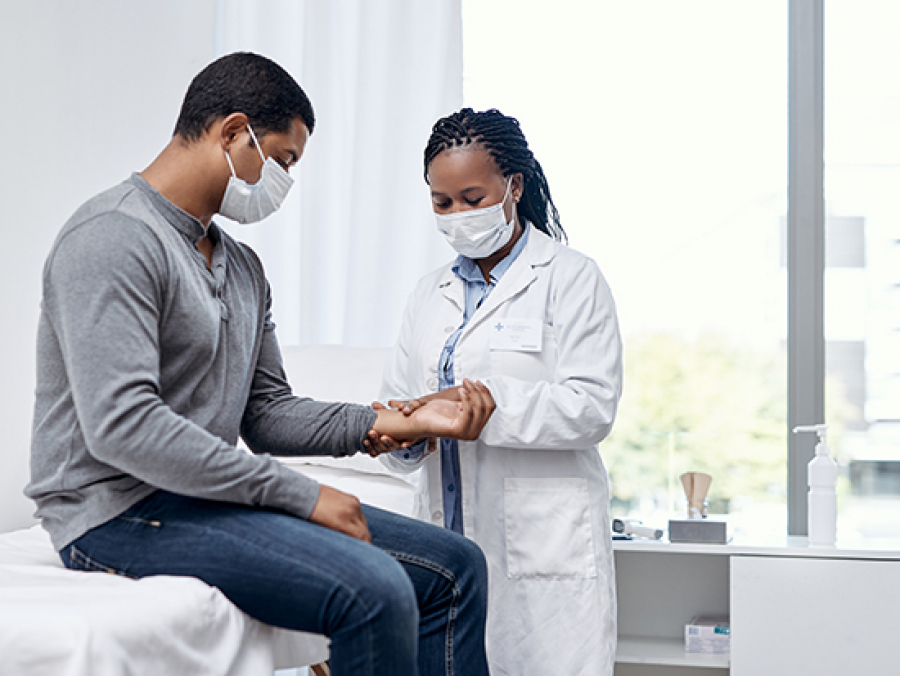
UAB researchers found that death due to cardiovascular causes in the Southeastern U.S. is 16 percent higher than in the rest of the country, and an estimated 101,953 additional deaths need to be prevented by 2025 to bridge this gap.

This research suggests that a path to treat currently untreatable cases of cystic fibrosis is clearly achievable.
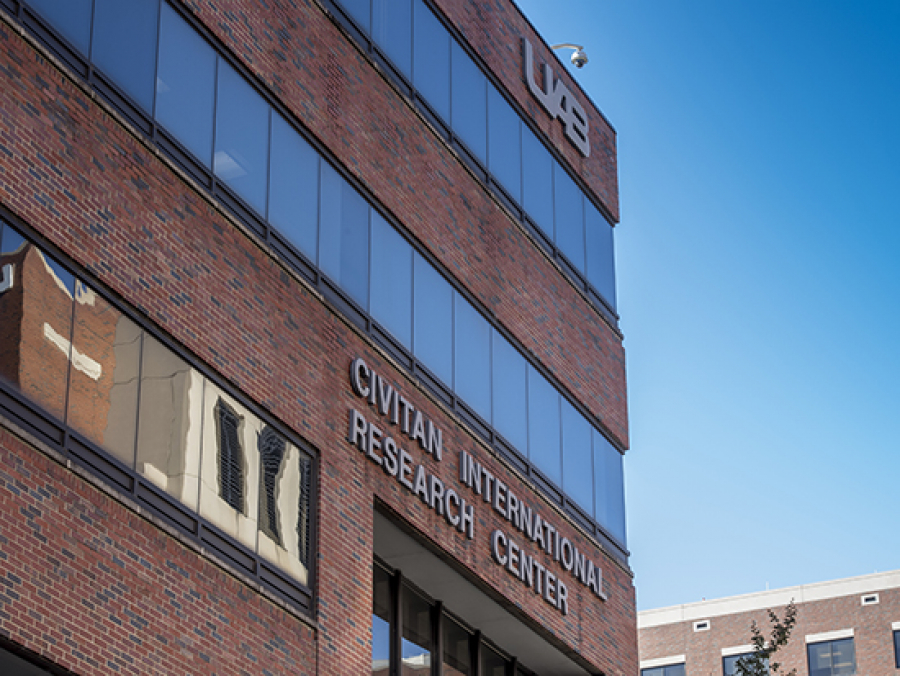
Part of the mission of the Civitan International Research Center is to foster the next generation of scientists studying brain development.

Researchers developed a workplace bullying model through qualitative research to help identify critical issues and bring awareness to the seriousness of the issue.

This novel virulence trait, which increases severity of S. pneumoniae superinfection, involves pneumococcal surface protein A, now identified as an adhesin.

A comprehensive health-screening program in rural northern KwaZulu-Natal has found a high burden of undiagnosed or poorly controlled non-communicable diseases.

New results suggest the answer is no, implying that the role of tau in the pathogenesis of Lewy body dementias is distinct from Alzheimer’s disease.

New findings include a significant increase in risk of death among patients who had recently had chemotherapy.